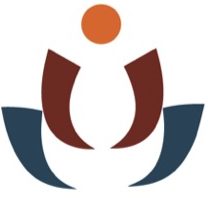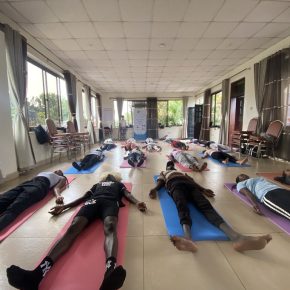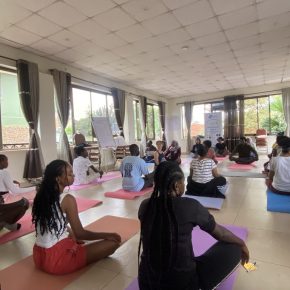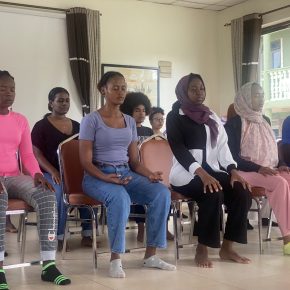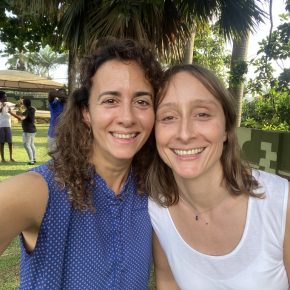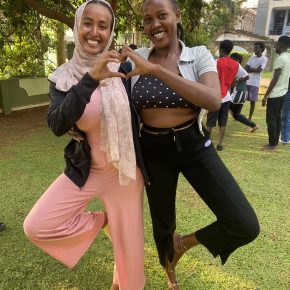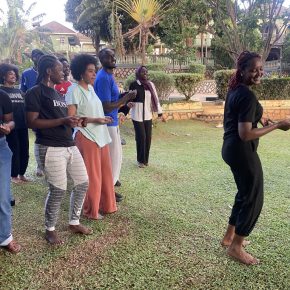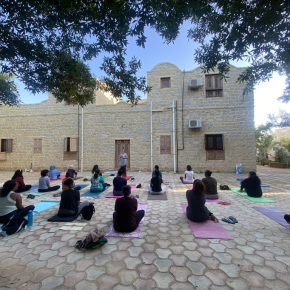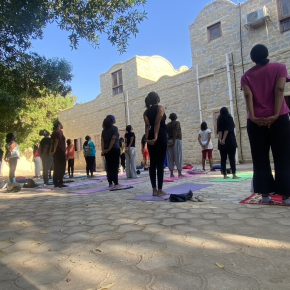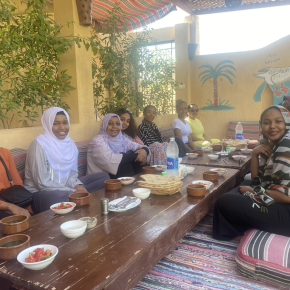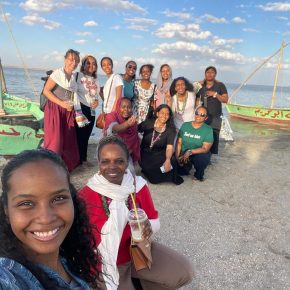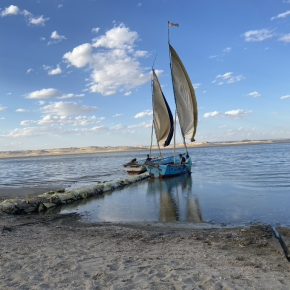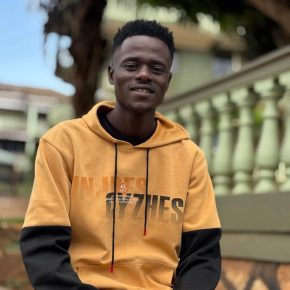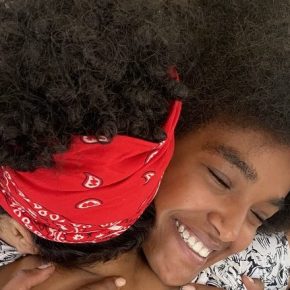Programs
Healing and Empowering Sudanese Communities - Reaching Women and Youth
Imagine the strength found when communities, fractured by conflict, begin to heal and rebuild. Our recent initiatives in Egypt and Uganda have done just that, offering vital mental health and psychosocial support to Sudanese women and youth who have faced unimaginable hardship. Though distinct in their focus, both projects shared a powerful aim: to nurture resilience, foster connection, and empower individuals to move forward with hope.
In Egypt, our “Blue Nile Lotus” program embraced Sudanese women, providing a sanctuary for healing from the wounds of trauma. Through culturally sensitive workshops and retreats, participants gained:
- Invaluable knowledge about the impact of trauma
- Practical techniques for releasing stored stress
- Rediscovered a sense of safety and self-assurance.
Crucially, the program fostered a powerful sense of community, rebuilding trust and creating a supportive network where women could share their experiences and find strength in solidarity. The impact extended to strengthening mother-daughter bonds, paving the way for healing within families.
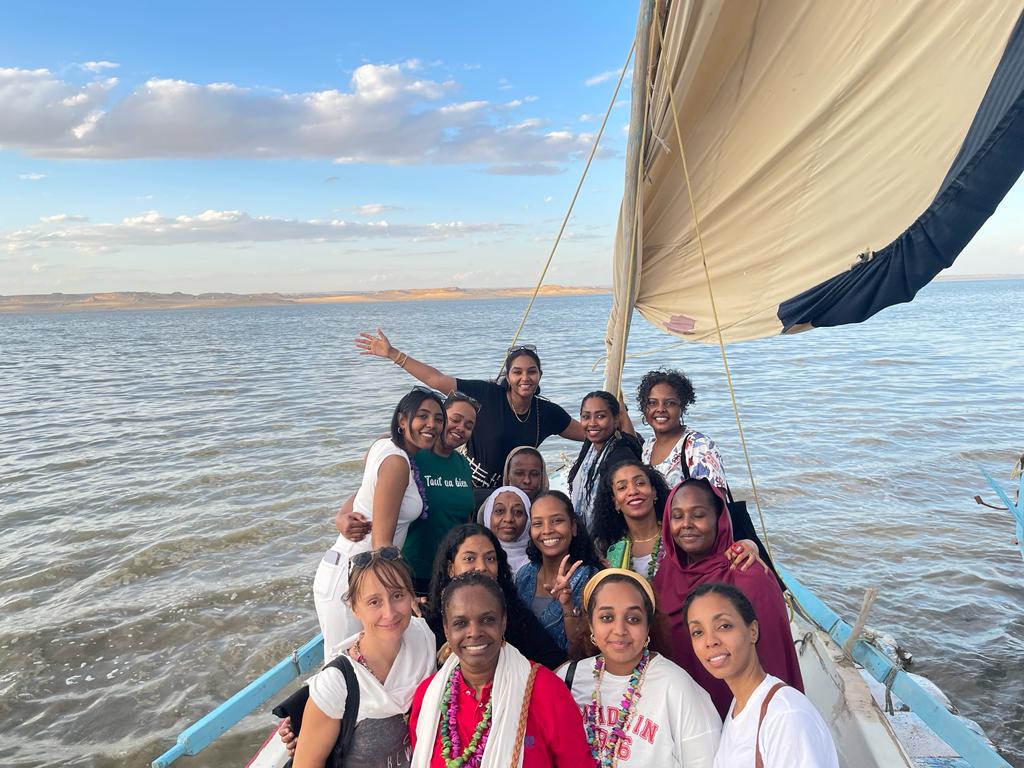

In Uganda, the “Youth & Wellness Program” focused on Sudanese youth, equipping them with tools for individual and collective well-being. This intensive five-day initiative integrated trauma-informed mindfulness movement, community-building activities, and self-healing practices. Participants learned to:
- Manage anxiety
- Build self-awareness
- Foster personal growth.
The program intentionally cultivated a sense of belonging, creating a “family” in their new environment. Moreover, it empowered these young individuals to become agents of change within their broader communities by equipping them to share their learnings.
The outcomes of both programs speak volumes. Participants reported feeling:
- A deeper connection to their bodies and emotions
- A stronger sense of safety and belonging
- And a renewed sense of empowerment and resilience.
The feeling of shared solidarity was particularly impactful, reminding individuals that they are not alone in their experiences.
